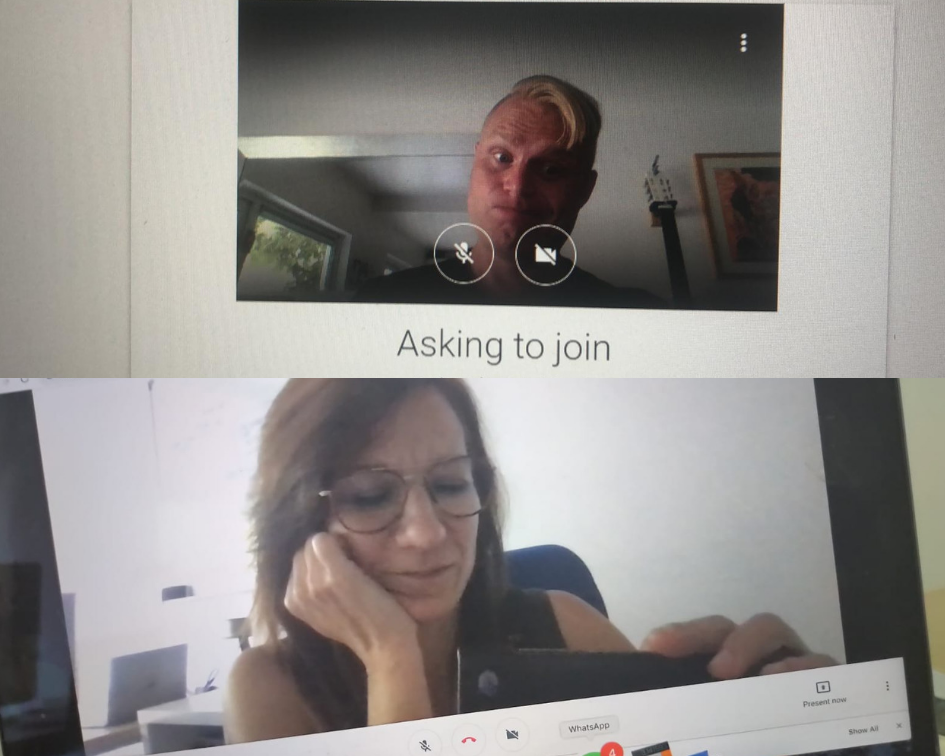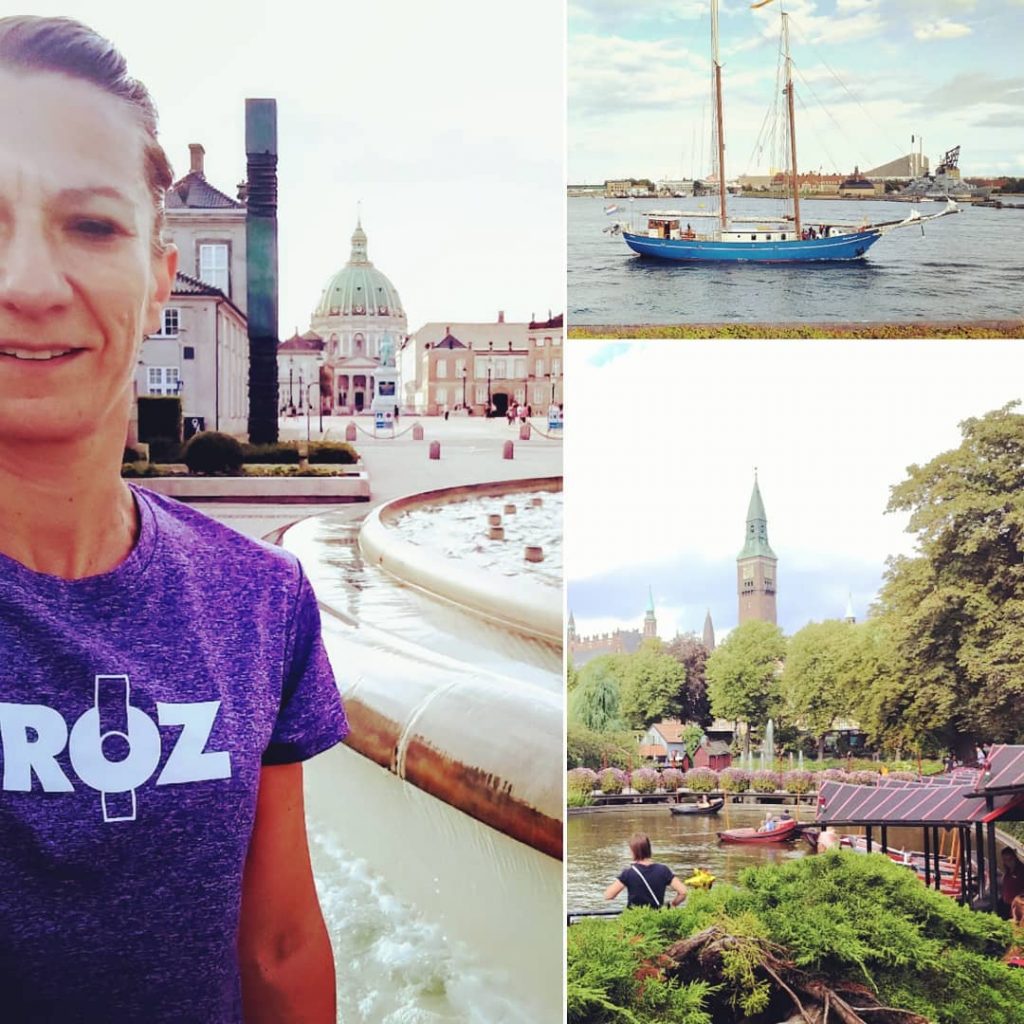Some would say cultural differences in business are nothing new. The vast majority of companies have been operating across different countries for ages. Does it mean most of them are good at facing diversities in terms of communications, values, and personalities? I’ve seen a lot of clumsy moves in that regard and to be even more blunt I did my fair share of them.
CEE, CEMA, SEE, Baltics, EMEA …. One region to rule them all 🙁
CROZ partners with IBM, Red Hat, Liferay, Alfresco, Cloudera and many more. We resell their software and hardware but more importantly for our clients, we build services on top of it as well. We get to see many regional and worldwide managers from these organizations. On several occasions, I had long talks with executives from USA. My goal was to try to persuade them that Slovenia is not the same as Romania and that we need to anticipate specifics to be successful doing business.
You could assume when I had gotten to handle international sales and international team in CROZ I would be more prudent and wiser… I was not.
It seems it’s just so natural and easy to fall short when it comes to an understanding of the specifics of different cultures. As soon as you become friendly with the market, the people, the partners, and the colleagues, you forget that they might have a different set of values, manners, and habits.
You are on the road to disappointment because things turn out to be different than you had anticipated.
I admit I am exaggerating a little (or maybe a lot). It is common knowledge that the more diverse we are, the stronger and more successful we become. But first we need to realize we are different in order to embrace the strengths we can bring in to a relationship.
Common denominator or union of strengths?
Is it fear? The emotion is pulling us back in pointing out these differences. Are we afraid it could sound a bit phobic or nationalist? Or is it our natural urge to belong, so we wish to stick to the things we share as common values and try to blend in as soon as possible?
It is quite positive that we tend to melt in other cultures but to grow we need to understand specifics and differences.
We can decide if we want to stick with the common denominator of our strengths or we want to build on top of the union of our potencies.
Recently I finished watching The American Factory documentary (Netflix 2019). It might be that business culture gap between Chinese and American people is more an abyss than a gap. I am quite sure there is no abyss in between Danish and Croatian people but yet I got to learn so many things working closely with our Business Development Manager Martin Stenkilde.
Denmark and Croatia: Is there a life after 1st of July 2018?
Although Croatia kicked out Denmark from the World Cup last year, according to Wikipedia site Croatia and Denmark relationship – we are still good friends.
„Croatia–Denmark relations refers to the current and historical relations between Croatia and Denmark. Relations between the two countries are described as “excellent”,[1] “friendly” and “well-developed”.[2]
But are we the same?
Not really. Based on the following examples, judge by yourself.
I tend to think of myself as being a very punctual person. Since my childhood I remember how frustrated I have been waiting for others when we were supposed to meet. In Martin’s eyes, I am the person who tends to be late because I was late on couple of our regular checkpoint calls. In my eyes if I send him a text then I wouldn’t be late especially because I had valid reasons for being late, like packed agenda.

Croatians (especially those working in IT) would never say I am a workaholic (well maybe some), but Martin finds my habit to answer on my emails as soon as I read them (regardless if it is a weekend or I am on vacation) very strange and sure sign of me being a workaholic.
I admit these stories are again a bit blown out of the proportion for the sake of this article. There are of course some stories, real once, from CROZ multinational real life which I am afraid I am not happy to share.
Getting back to reinventing the wheel. If you work for an international company and you are reading this blog (thank you for doing so btw.) you might think now: I KNEW ALL OF IT.
I am sure you did, but do you allocate any time in your agenda to actively think about it? Do you do any systematic researching on the territories you are in charge for?
Two weeks ago, I spent three days, speed business dating around Sweden and Denmark. Martin asked me before my departure if I found this trip worthy of my time.
My answer was absolutely. Not only did we have several good meetings and got to see our people working on a Data Engineering project in Stockholm (Thank you Ivan for your time). BUT the most important part for me was that I was able to understand better how people do business in Scandinavia.

Since we have done a lot of work with Britons and Germans for the majority of this decade, it seems I have had repeated the same mistake as my peers from our vendors often do. I thought we could replicate what we are successfully doing in one geography (if it works in UK it will work in Sweden) to the next one. I was wrong.
Maybe I am just asking for an excuse to read and explore more about different cultures and countries. But my new resolution is to try to understand how it feels to walk in other culture’s shoes as often as I can. Of course I will focus (more) on cultures in which we do business. Wish me (us) luck… Next station Budapest!
But first, a quick stop by Madrid to check up on our favorite marriage! Of course I mean how RedHat and IBM plan to join forces in Europe. Stay tuned.
